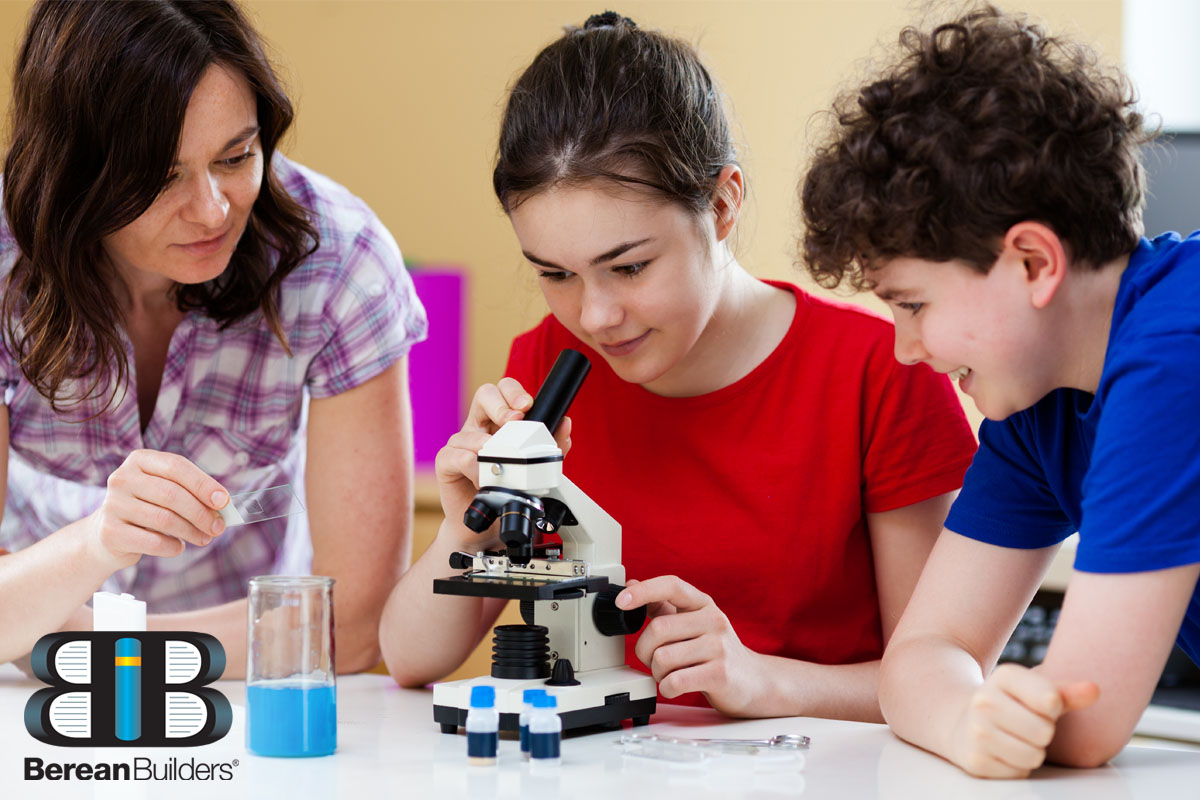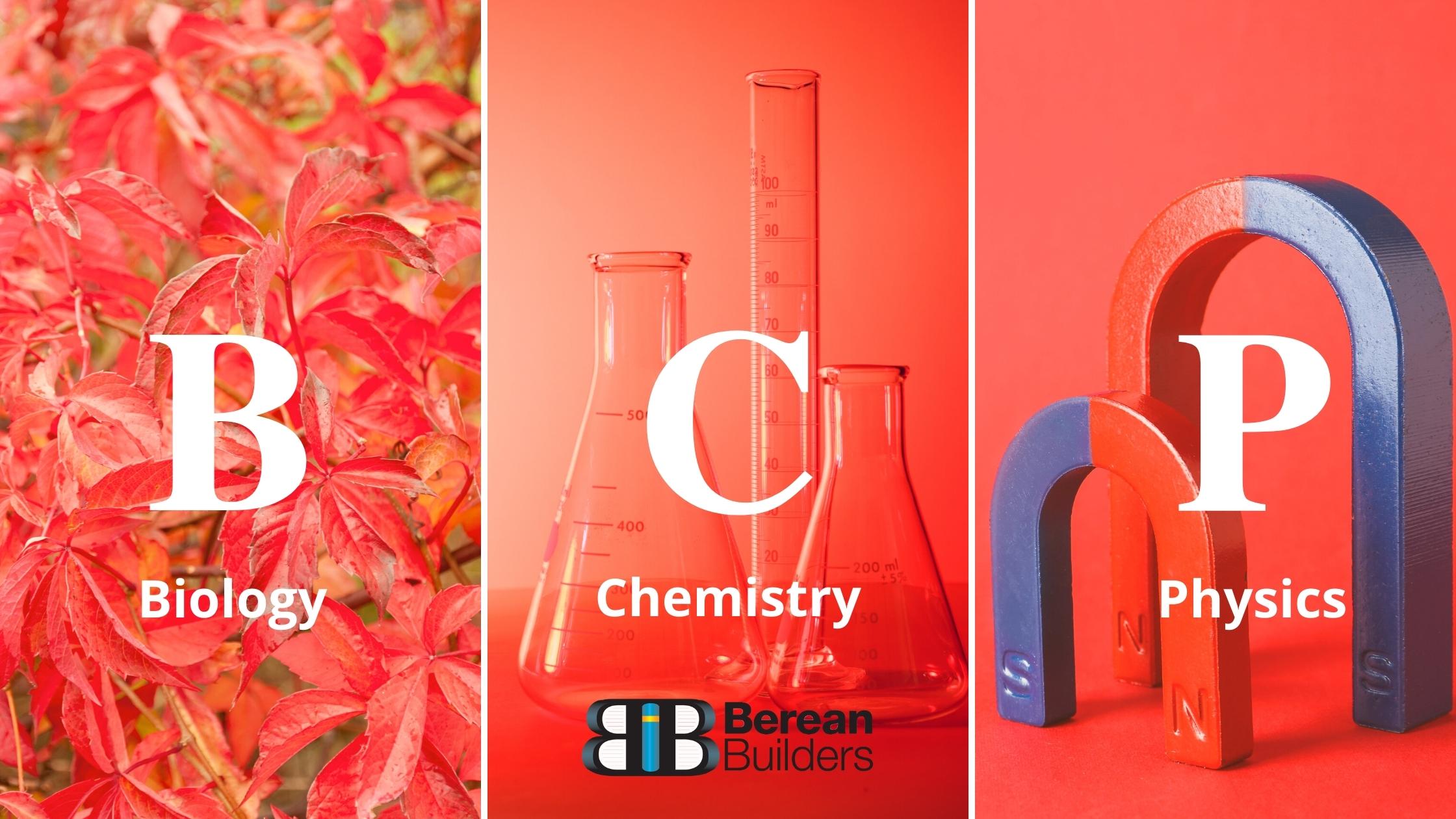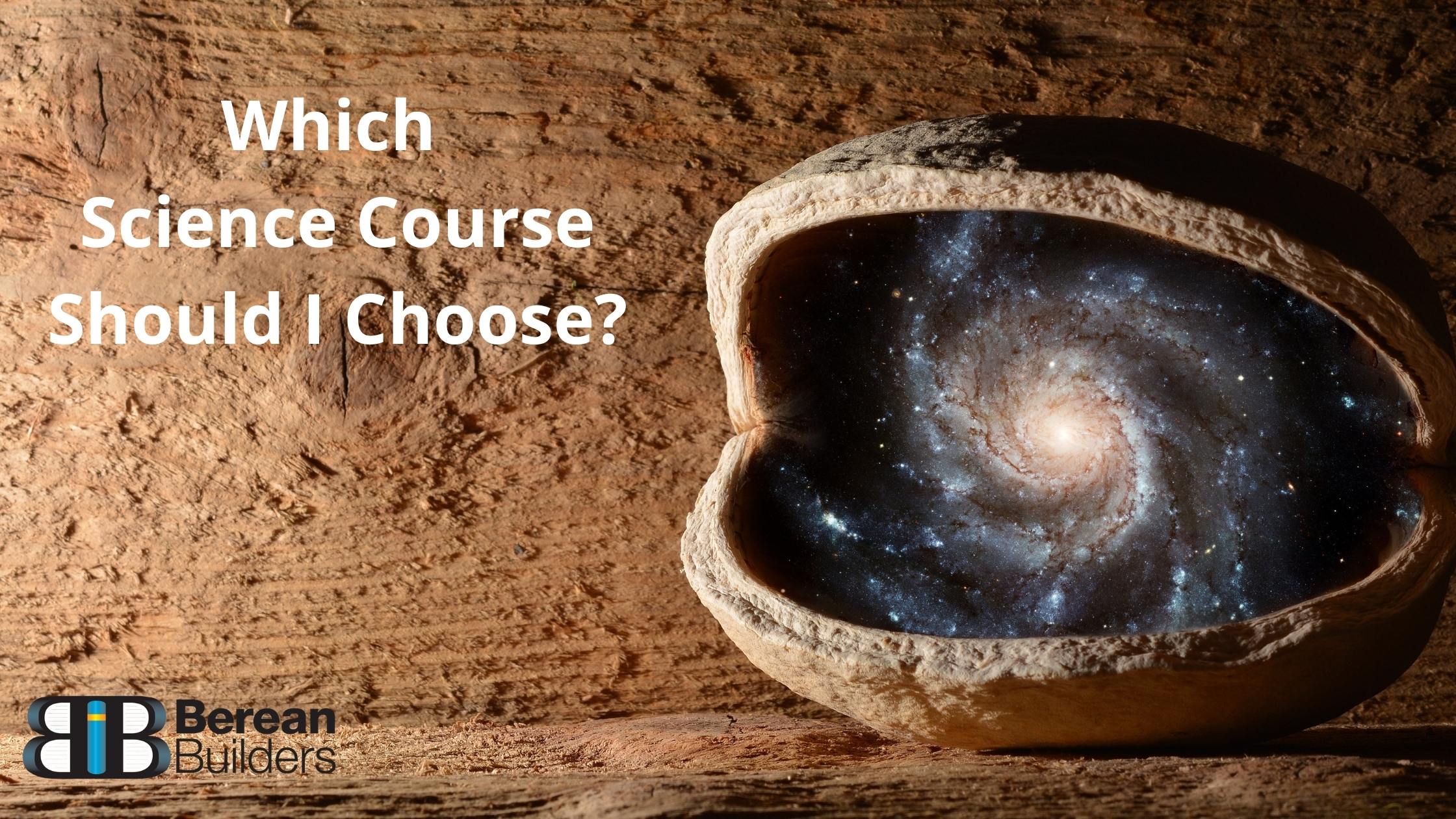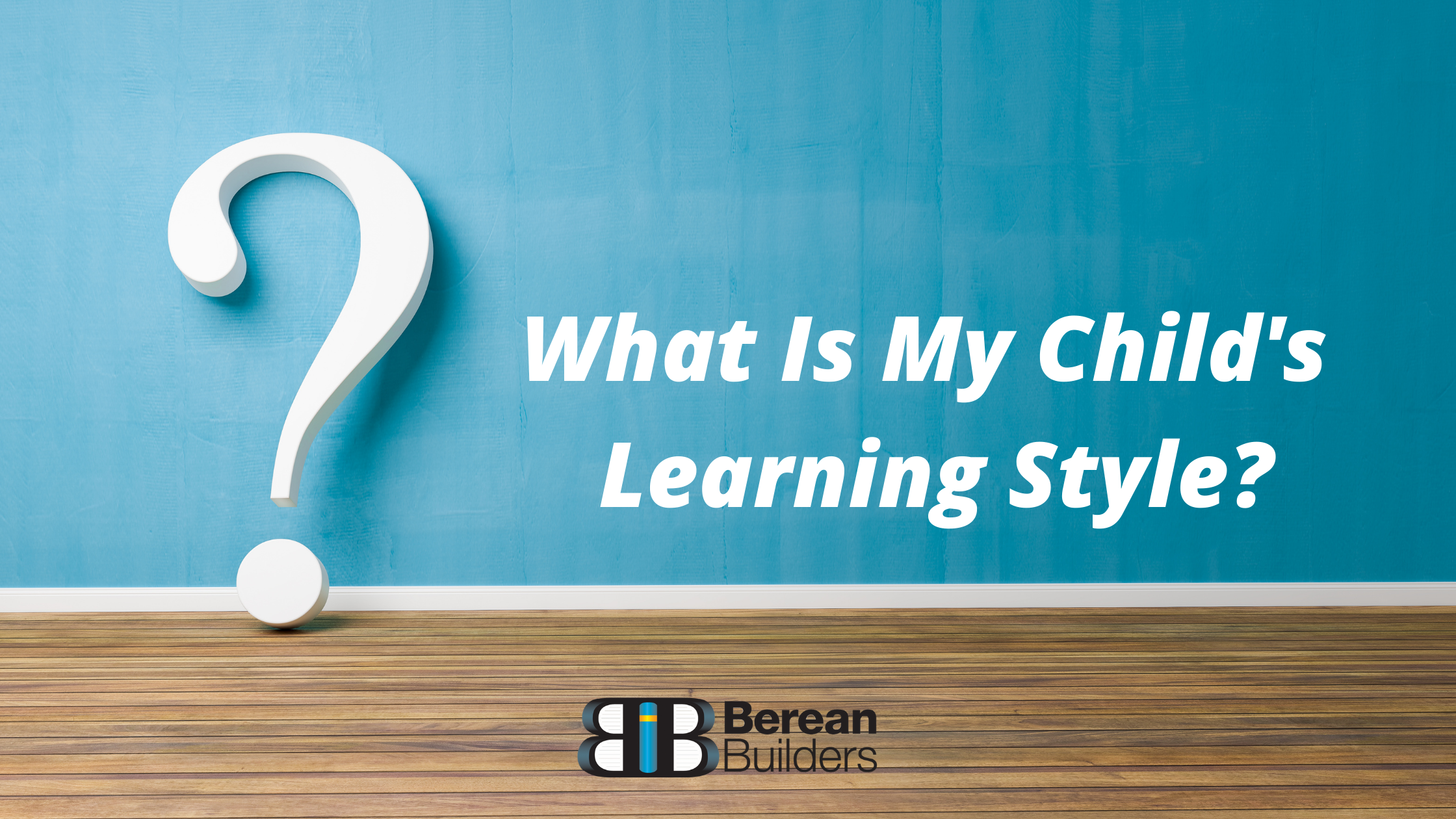
Arguably one of the greatest contributions to the field of chemistry, the periodic table of the elements is more than just a graphical arrangement of symbols and numbers. Who was responsible for this monument of scientific history? And how can we as scientists make the most of the periodic table in our studies?
What is the periodic table of the elements?
The periodic table is a structured grouping of the 118 identified elements in our world. The table is organized into rows called periods and columns called groups. The groups contain elements that have similar chemical behavior.
Each block on the periodic table is a snapshot of one element that lists its:
- Chemical symbol
- Atomic number
- Average atomic mass of its isotopes.
You can investigate the periodic table to find patterns for yourself.
In a given period, the farther to the right the element is on the table, the smaller it is, the more electronegative it is, and the higher its ionization energy. By contrast, in a given group, the farther down the element is, the larger it is, the less electronegative it is, and the lower its ionization energy.
You will also find that the elements can be separated into metals, nonmetals, and metalloids. Most periodic tables use color to identify these categories, but the elements far to the left are metals, the ones to the far right are nonmetals, and some of the elements in between are metalloids.
The periodic table is a wonderful resource for solving chemistry problems and equations.
The names and letter symbols of the elements come from various sources such as
- Latin (aurum for Au – Gold or natrium for Na – Sodium)
- Greek (kryptos/stranger for Krypton or baris/heavy for Barium)
- Other languages (Spanish platina/little silver for Platinum or the old Anglo-Saxon/Celtic word ludaihe for Lead and the Latin word plumbum which became lead’s symbol Pb)
- People (Curium or Einsteinium)
- Places (Americium or Ytterbium)
- Planets and Asteroids (Plutonium or Cerium)
In addition to using this valuable resource for high school chemistry, younger homeschool students can familiarize themselves with the periodic table through word and number games, or hands-on discovery of elements around them.
- Find interactive tables that list actual everyday uses for all of the most common elements, and let your students find these common items around your home.
- Use the chemical symbols on the periodic table to spell words or create puzzles.
- Decorate graphic artwork or create fun science-related greeting cards with chemical symbols.
- Color the periodic table based on a properties key.
- Find books about the periodic table to bring the information to life.
- Create a card deck of the elements and make up games.
- Use sticky notes to build a periodic table on the wall as your students learn new elements.
How many more fun ways can you find for your younger students to explore the periodic table?
The History of the Periodic Table
So how did we get this graphic marvel of modern chemistry?
Dmitri Mendeleev gets credit for organizing the elements into his periodic table in 1869, Previous earlier attempts by other scientists rarely get noticed, but were excellent examples of people trying to wrangle the elements into some semblance of order.
Way back in 1789, Antoine Lavosier began listing certain substances he believed were broken down as far as they could be. He called these substances “simples”.
Then John Dalton produced a table in 1805 of atomic masses derived from mixing elements to determine what they created. Although the measurements were primitive since the ratios were unknown, Dalton did develop the atomic theory.
In 1862, Alexandre-Emile Beguyer de Chancourtois devised a 3D model he called a telluric screw. This device, when rotated, displayed the atomic weights of certain elements at regular intervals and clearly showed a “periodic” occurrence of these weights.
John Newlands also noticed patterns among the atomic weights of elements and created an arrangement in 1865. His Law of Octaves compared these patterns with musical notes arranged in scales. The reason he used intervals of 7 is because the noble gasses hadn’t been discovered yet, and didn’t leave spaces for future discoveries. But he was on the right track and eventually got credit for his discovery.
Around the same time as Mendeleev was designing his periodic patterns, Julius Lothar Meyer recognized the periodicity of elements. At first, he played with just a few elements and made a chart of how they combined with each other, then later added the transition metals. His chart was very similar to the one Mendeleev published, but Meyer’s work was published a year later, so he deferred to Dmitri as the first.
Mendeleev sorted and arranged the elements into the original precursor table of our current table. He intuitively placed elements in their places based on their atomic weights as well as their properties in relation to similar elements. Since he was fond of card games, Dmitri initially used paper cards with atomic weights and arranged elements into groups he called “suits”.
An important feature of his table were the gaps he left for undiscovered elements and he even made predictions as to the characteristics of five of them. These predictions turned out to be accurate. Then when the noble gasses were discovered in the 1890s, they fit right into the table, further proving Mendeleev’s work.
It turns out, Dmitri’s table even anticipated and provided evidence to prove atomic structure, something scientists of the time had not discovered.
Mendeleev said of his discoveries:
“Before the promulgation of this law, the chemical elements were mere fragmentary, incidental facts in Nature. The law of periodicity first enabled us to perceive undiscovered elements at a distance which was inaccessible to chemical vision.”
He also said:
“Elements arranged according to the size of their atomic weights show clear periodic properties. All comparisons which I have made…lead me to conclude that the size of the atomic weight determines the nature of the elements.”
Finally, in 1913, Henry Moseley used x-rays to measure the wavelengths emitted by certain elements and then used a frequency calculation to figure out that atomic number actually represents the number of protons in the atoms that make up the elements.
Even in 1945 scientists were still making new discoveries and expanding the usefulness of the table. Glenn Seaborg made a discovery concerning a group of elements that modified the arrangement of one portion of the table, giving us the current version.
The Periodic Table in your homeschool
As you can see, many scientists contributed to the methodical organization of the elements in our world, and the periodic table continues to evolve today. With Mendeleev’s periodic law, the table continues to provide opportunities to discover new elements, and the periodic table as we know it today is a most useful scientific tool.
You will explore the periodic table of the elements more in our courses Science in the Atomic Age and Discovering Design With Chemistry.






















